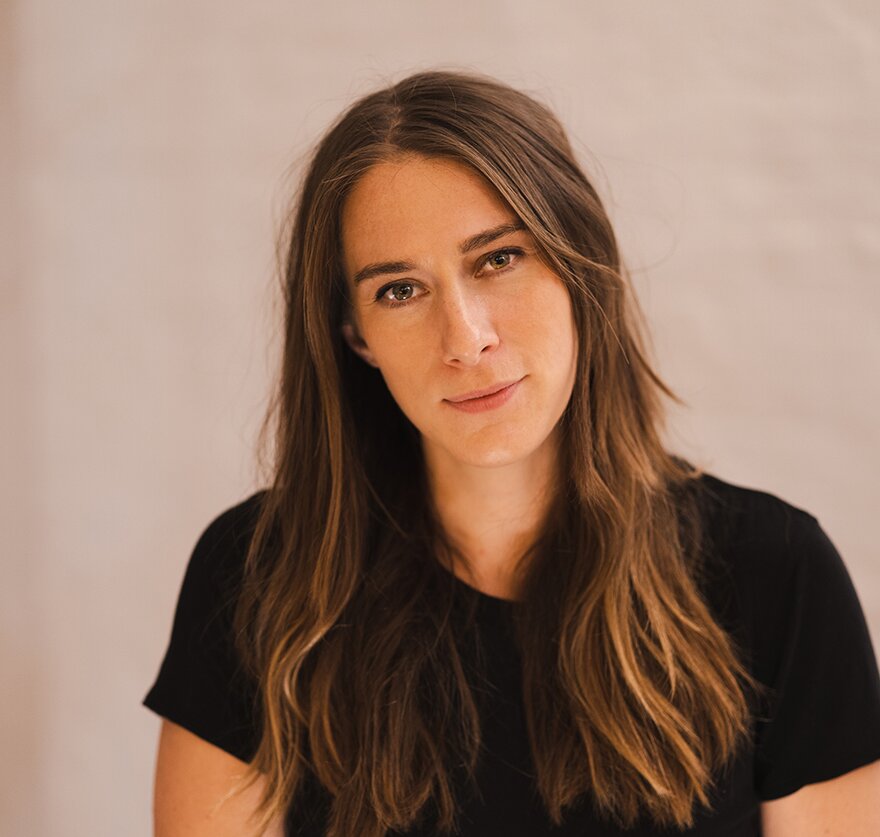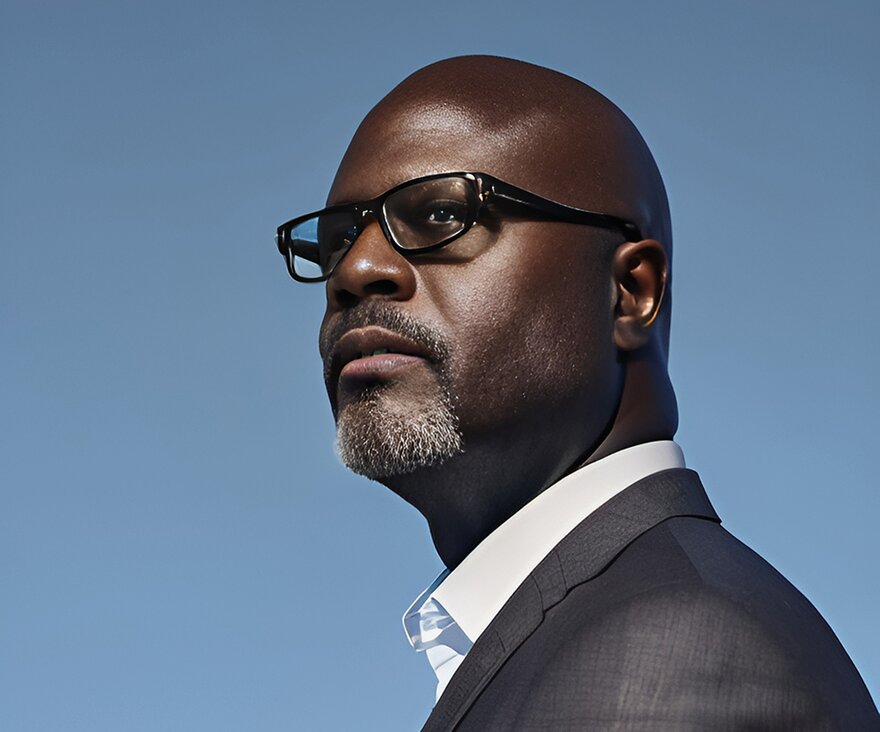With artificial intelligence chatbots such as ChatGPT and Google Bard on the rise, here's how hospitality can use technology to attract and manage customers
Last month the drinks app Dusk announced it had created a cocktail for its users called Heavenly Sipper, which promised a "refreshing" and "sophisticated" taste that included absinthe and elderflower liqueur.
There's nothing unusual in such a company releasing an exclusive cocktail for its customers, except that this drink was not actually made by Dusk. In fact it wasn't made by humans at all. Dusk had asked ChatGPT, an extremely sophisticated online chatbot, to create the "best cocktail in the world". The artificial intelligence tool then produced a list of ingredients and set of instructions.
Mixologists may need to watch out. Sophie Abrahamovitch, chief executive of Dusk, says: "It tasted great and was a surprisingly balanced cocktail that impressed the bartenders and us from the very beginning, and feedback has been really positive from those that have tried it."
Dusk is not alone. The alcoholic drinks giant Diageo has used ChatGPT to come up with "unique, flavoursome cocktails", while a bar in Houston called Axelrad recently unveiled a "Humans vs Machines" menu in which cocktails made by its bartenders were pitted against those made by the chatbot.
It is not just cocktails either. AB InBev, the world's largest brewer, relied on ChatGPT to create a new beer for its Becks brand, as well as plan its branding and marketing, which it called "Becks Autonomous". Meanwhile Coca-Cola has signed a deal with the management consultancy Bain & Co to explore the use of ChatGPT to improve both its marketing and business operations. James Quincey, chief executive of Coca-Cola, said the company was "excited to unleash the next generation of creativity offered by this rapidly emerging technology."
Although it would be easy to think of such moves as marketing gimmicks from companies leaping on the latest technological craze, ChatGPT has the potential to radically change whole swathes of the hospitality industry. Goldman Sachs says the technology could "substitute up to one-fourth of current work", while Microsoft co-founder Bill Gates says ChatGPT "will change our world".
What is ChatGPT?
The tool was created by OpenAI, an artificial intelligence research laboratory in San Francisco that was founded in 2015, and has received more than $3b (£2.4b) of investment from Microsoft since 2019. The company has been working on sophisticated chatbots since 2018 but in November last year it released ChatGPT and, without using too much hyperbole, potentially changed the world forever.
People were amazed to see that this chatbot could not only answer almost any question put to it, but it was responding in fully formed sentences and paragraphs. The free-to-use tool could have back and forth conversations with users and even make jokes or give advice. Not only was it exceedingly clever, but it could be comedic with that information too, such as explaining quantum physics in the style of a Shakespearean sonnet, or describing trade theory in the style of a pirate.
Users quickly realised that ChatGPT was an excellent way of helping them with work, and the hospitality industry was no exception. James Brown, chief executive of BrewDog brewery and pub chain, describes it as a "game changer" when using the tool to help perfect pitches to clients. Brown is also co-founder of TipJar, a tipping platform that allows staff to receive cashless tips directly from their customers. He asked ChatGPT to explain why it was beneficial for managers to make sure all tips were allocated to staff and was amazed by the results. "Having spent years crafting reasons why TipJar's fair and transparent tipping benefits restaurants and bar owners, ChatGPT just nailed it in one go," Brown says.
Abrahamovitch said Dusk already use ChatGPT internally to help streamline tasks and create more content. Alongside the tool being able to produce new drinks and products for the company, she says it can be used to help with "understanding the drinking behaviour of consumers, predicting sales, finding out more about consumer preferences and creating more personalisable experiences".
Becky Owen, chief marketing officer of Billion Dollar Boy, which works as an intermediary between social media influencers and brands to design adverts and marketing, including for the food and beverage industry, says some of its creators were experimenting with the tool.
She adds: "As an agency, we are already internally exploring the potential of AI. We've found that generally speaking, it's not great at coming up with creative solutions for creator content, but it does support researching insight, writing copy and streamlining processes."
Other AI chatbots available now
ChatGPT has become so popular it gained 100 million monthly active users within two months of being launched last November, making it the fastest-growing consumer application in history.
The success enjoyed by OpenAI has led several other tech giants working on similar tools to release their own rival products, with Google releasing its own conversational AI service called Bard.
The ability for such chatbots to also produce clear, detailed and tailored answers in fully formed sentences could be a boon for the hospitality industry, experts believe, as it can help create more personalised experiences.
OpenTable, the restaurant booking and recommendation service, has partnered with OpenAI in the US to use ChatGPT. Visitors to OpenTable can use the chatbot to ask precise restaurant recommendations, such as: "Where's the best place to take my Mum for brunch in New York city that is not too loud and makes great pancakes?" Instead of then being presented with a series of blue links as they would in Google, users will be given a reply that looks like it is written by a local resident, except that they will only be recommending OpenTable's network of restaurants.
The travel company Expedia has also begun using ChatGPT in a similar way to create a service that almost feels like chatting to a travel agent, with the tool giving customers fully formed ideas and personalised itineraries rather than just a series of links to hotels.
Fred Bean, chief executive of HotelPort, which uses technology to help hospitality firms reduce costs, says this sort of tailored response should lead to more bookings for hotels using ChatGPT. "Let's say you want a beach holiday in a suite with an oceanfront view with a budget of $500 a night," Bean says. "Rather than being presented with pages and pages of results, ChatGPT will be able to produce a handful of options across the world, specifically based on what the customers want. That is valuable because hopefully this should increase conversion, as you're not giving the customer a lot of useless information that they're having to sort through."
He adds that while some of his clients are "terrified" that ChatGPT will eliminate the need for salespeople, Bean believes the AI is "an opportunity to enhance human performance, not replace it." For example, a travel agent could use ChatGPT to help with the basic initial legwork of different itineraries for a customer, before doing some fact checks and putting their own finishing touches on an offer.
Such a tool could also be combined with the work some hospitality firms are doing in the metaverse, which is an immersive virtual 3D world being created by the likes of Meta and other tech giants. The hotel chain Millennium, for example, has a virtual reality hotel users can visit in the metaverse. ChatGPT combined with virtual reality technology could allow such hotel chains to allow their customers to "visit" various destinations and explore the activities they could do there, using a virtual reality headset.
However, ChatGPT does have issues. Crucially, it does not understand what it is saying. The service relies on something called a "large language model", which is an algorithm that has been trained on huge amounts of data – usually billions of web pages – to learn how words and sentences are structured, identifying patterns and relationships. For example, it can work out that "Dear" is often followed by a name, as well as context, such as knowing that "bark" can mean the skin of a tree or the sound of a dog. It was then fine-tuned by human engineers who corrected common mistakes it was making.
But as it is only working out the next word in a sentence based on probability, this means the information ChatGPT gives out is not always correct, and can sometimes be completely imaginary. It also does not have much data that goes beyond 2021 and so cannot access to up-to-date travel information or opening times. However, companies such as Expedia and OpenTable have been able to combine ChatGPT with their information.
Companies should also be careful about what data is being processed before jumping into this new technology, lawyers say. In April Italy banned the use of ChatGPT, citing the EU's strict GDPR privacy laws.
Matthew Holman, a data privacy lawyer at the British law firm EMW, says he had already encountered some professional service clients who had forbidden the use of ChatGPT because of confidentiality clauses and data protection rules. "The process of collection and processing data is not transparent and there is no adequate privacy notice or information," Holmam said of ChatGPT.
Such a tool may never be as good or expressive as the human imagination either. "The title of ‘best cocktail in the world' might still be up for grabs," Abrahamovitch says. "There's no technology that can beat the creativity and hard work of bartenders testing recipes, day in, day out."
Continue reading
You need to be a premium member to view this. Subscribe from just 99p per week.
Already subscribed? Log In






